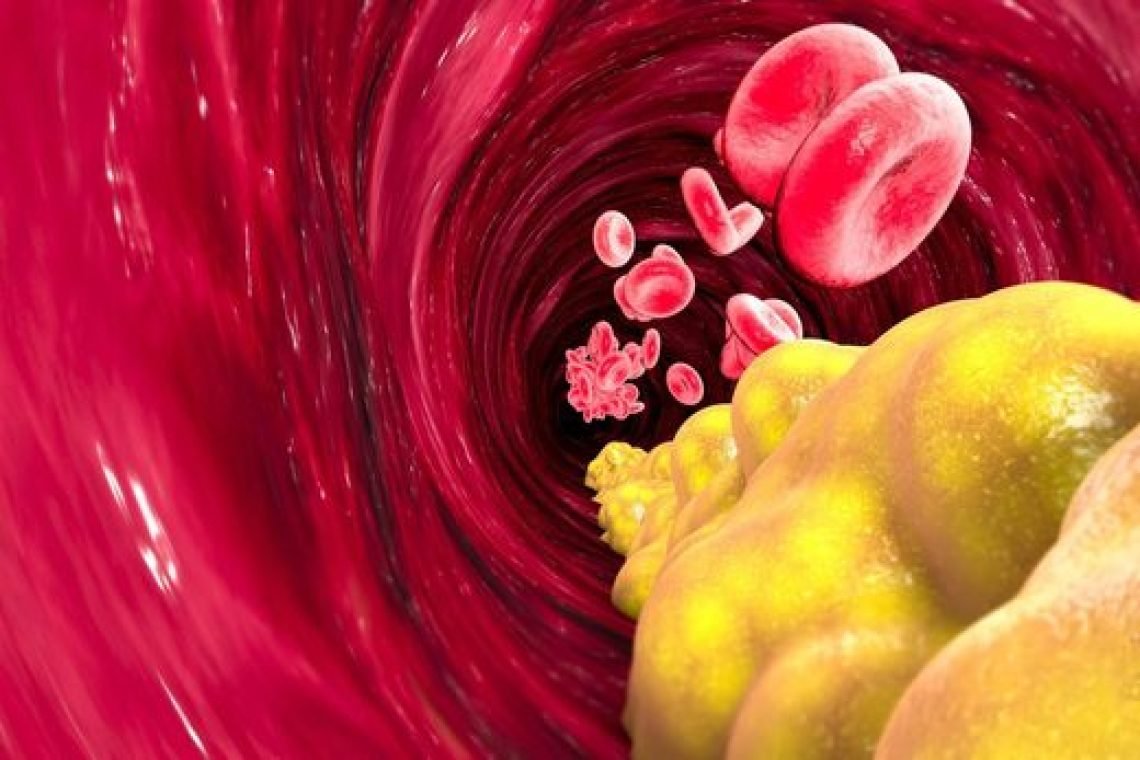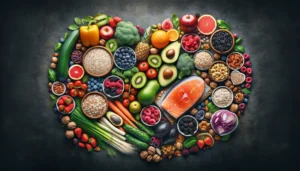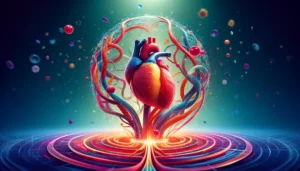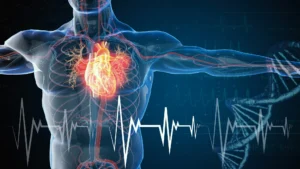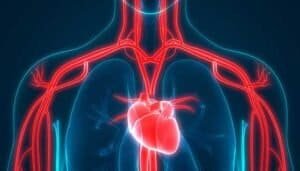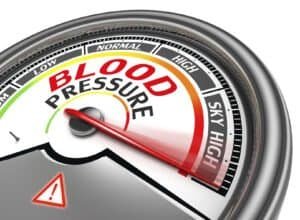Unveiling the Mystery of Cholesterol: A Deep Dive Into Its Impact on Our Health
It’s an often misunderstood subject. Cholesterol, a waxy substance found in our bloodstream and cells, plays a crucial role in our health. But its complexities can often lead to confusion and misinterpretation. Today, we’re going to pull back the curtain and explore this fascinating topic, discussing its impact on heart health, menopause, and everything in between.
Understanding the Fundamentals
Cholesterol is a double-edged sword. On one hand, it helps form the membrane of our cells, is essential for the synthesis of certain hormones, and aids in the production of vitamin D. On the other, when present in excess, it may lead to health problems, primarily heart disease. A bit of a goldilocks scenario!
Cholesterol tests, including LDL and HDL blood tests, are essential tools that allow us to keep track of our cholesterol levels. LDL (low-density lipoprotein), often termed as ‘bad cholesterol,’ contributes to the plaque that can clog our arteries. On the contrary, HDL (high-density lipoprotein) is the ‘good cholesterol’ that helps remove LDL from the bloodstream, reducing the risk of heart disease.
The Connection Between Cholesterol and Menopause
Research indicates that menopause, with its hormonal fluctuations, can significantly affect cholesterol levels. It’s common for women to see an increase in total cholesterol, LDL, and triglycerides, while HDL the ‘good cholesterol’ may decline.
Heart Health and Cholesterol
Your heart health is intricately linked with your cholesterol levels. High levels of LDL cholesterol can increase the risk of developing heart diseases, as it can lead to the build-up of plaque in your arteries. Conversely, having a higher HDL cholesterol level is associated with a reduced risk of heart disease.
One metric used to assess heart health risk is the total cholesterol to HDL ratio. However, non-HDL cholesterol result is being used more and more (total cholesterol minus your HDL cholesterol).
To help you better understand your blood results, please click here.
What’s On Your Plate?
What you eat impacts your cholesterol levels. Consuming foods high in saturated and trans fats can increase your LDL cholesterol. Saturated fat should be less than 30g per day. While it might be shocking to some, even seemingly innocuous foods like coconut milk or coconut oil can increase cholesterol levels. For example, 1 can of coconut milk has double the recommended amount of saturated fat you should eat in a day. It has 66g per tin. Considering saturated fat is found in smaller amounts in many super healthy foods, it’s easy for coconut milk to send your intake over the recommended levels. What can you do about it? Have you ever tried using yoghurt instead? I mix it with cornflour before adding it which keeps it the right texture. It adds oodles of nutrients including vitamins, minerals and protein. Why not try my favourite paneer curry.
Saturated fat is also found in sweet things like cakes, pastries and biscuits, savoury things like sausgaes pepperoni, salmami, chorizo and black/ white pudding. It’s also found in butter and cream.
On the brighter side, numerous foods can help lower cholesterol levels quickly. Foods rich in soluble fibre and plant sterols, like certain types of oats and nuts, can effectively reduce cholesterol levels. The dietary pattern you need to consider following is the Mediterranean diet. Click here for more details.
Some might ask, “Are eggs bad for cholesterol?” The answer is nuanced. While eggs do contain cholesterol, recent studies suggest that they don’t affect the cholesterol in the blood for the majority of people. In fact when we eat them at breakfast, we usually choose them over jam or marmalade. Jam is high in free sugars. We know that those that eat a diet high in sugar are more likely to die from heart disease. Plus, when we eat eggs, despsite them only providing 70 calories per egg, their rich protein-content (6 grams per egg) helps to better manage hunger and cravings later in the day. So, by choosing eggs over jam on toast, you may naturally reach for less saturated fat-rich foods such as biscuits and crisps between meals.
Adopting A Cholesterol-friendly Lifestyle
Drinking plenty of water, moving your body regularly, reducing caffeine intake (thus improving sleep), and maintaining a balanced diet can help manage cholesterol levels and heart disease risk. A diet rich in fruit and vegetables from tomatoes to bananas and other high-fibre foods / options can aid in lowering cholesterol and reducing your risk going forward.
Moreover, certain drinks can help lower heart disease risk. For example antioxidant rich coffee and tea. And, did you know that green tea has been shown to lower LDL cholesterol?
Red yeast rice
Supplementing your diet with red yeast rice, a traditional Chinese medicine is worth discussing with your Dietitian due to their potential cholesterol-lowering effects.
Red yeast rice benefits from the presence of monacolin K, a compound identical to the active ingredient in some cholesterol-lowering prescription drugs. However, the European Food Safety Authority (EFSA) concluded that exposure to monacolin K from red yeast rice products could lead to severe side effects such as adverse effects on musculoskeletal system and on the liver and they could not identify a guaranteed safe dietary level of monacolins from red yeast rice products. Additionally, some red yeast rice products contain a contaminant called citrinin which is toxic and can damage the kidneys. In a 2021 analysis of red yeast rice products, only one had citrinin levels below the maximum level currently set by the EU. Also, 4 products that were contaminated with citrinin were labeled as “citrinin-free.”
So, please do seek medical guidance before trying any supplements as the likes of red yeast rice products as could potentially interfere with certain medicines or increase the chance for side effects.
The Role of Supplements and Therapies
In addition to a healthy diet, supplements like plant sterols and cinnamon can lower cholesterol levels.
High cholesterol treatments vary depending on the severity of the condition, but they can include dietary modifications, exercise, lifestyle changes, medication, or a combination of these.
Regular Cholesterol Check-ups
Regular cholesterol checks are vital for keeping track of your health. These checks typically involve a simple blood test that can measure your total cholesterol, LDL, HDL, and triglycerides.
Conclusion
Navigating the realm of cholesterol can be a bit daunting, but armed with the right knowledge, we can make the choices that best suit our health needs. The key is to understand that maintaining healthy cholesterol levels is a balance — a balance of good nutrition, regular exercise, and, if necessary, the right medication. We hope this article has given you a more comprehensive understanding of cholesterol and its vital role in our bodies. Remember, when it comes to cholesterol, awareness and active management can be your best defence.
If you want to learn more about how to lower cholesterol, enrol in our online course.
Stay healthy, and keep those cholesterol levels in check!

